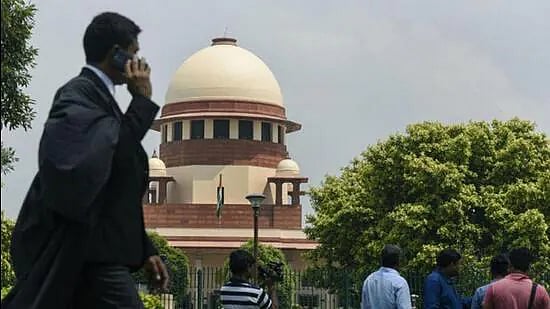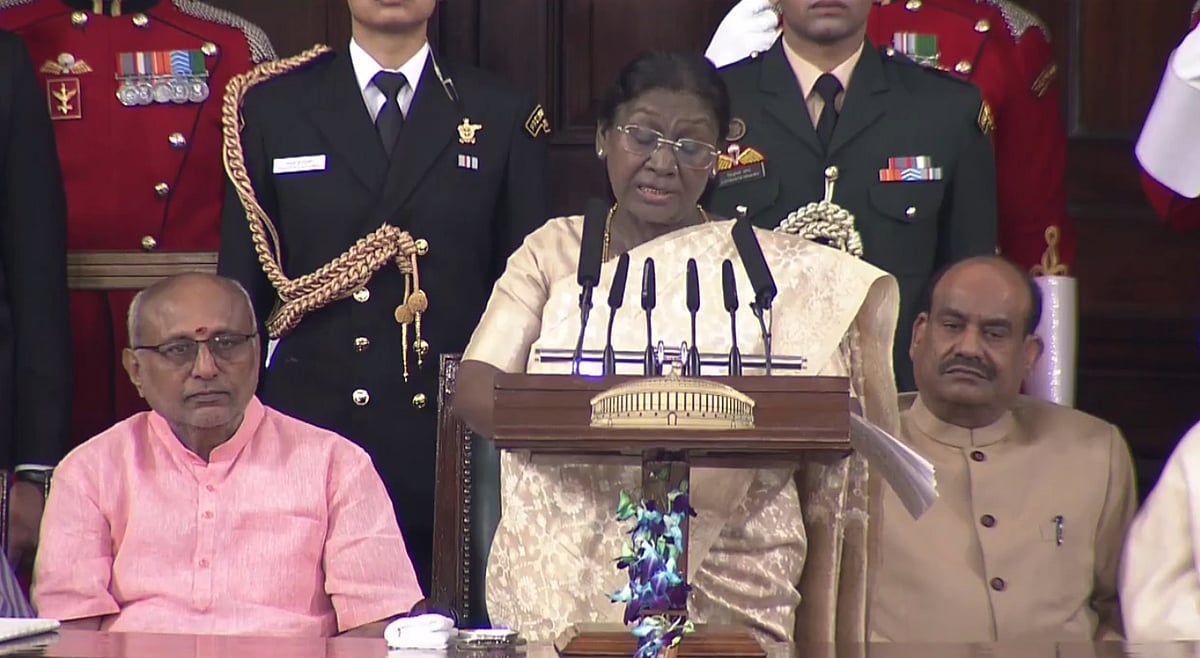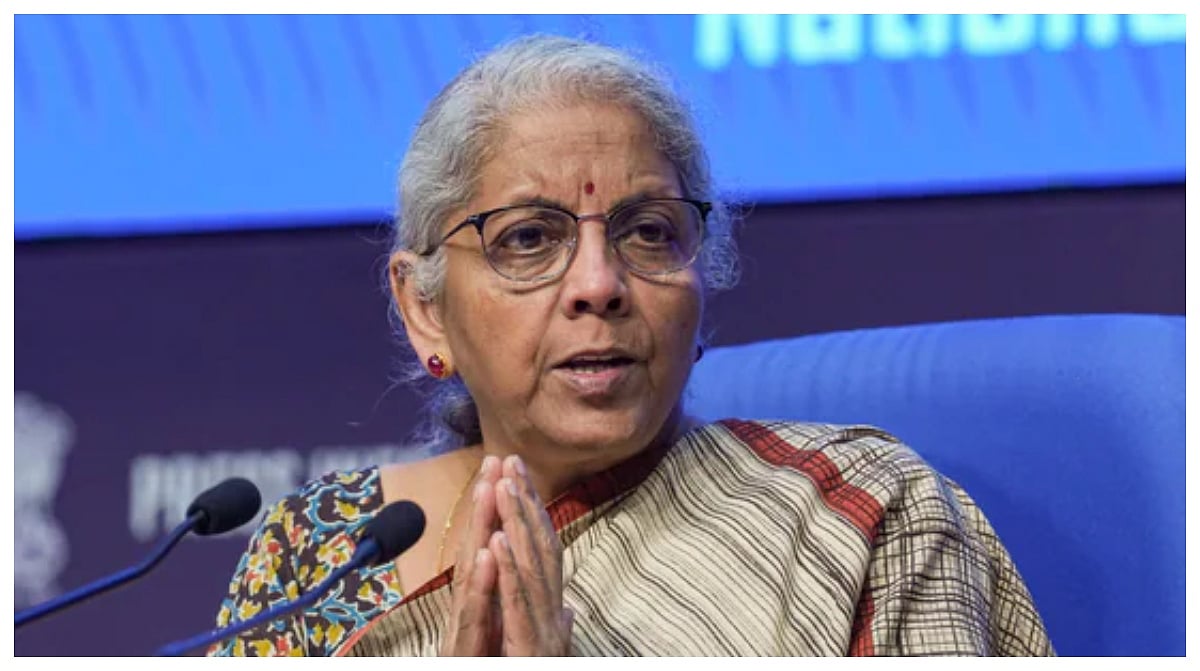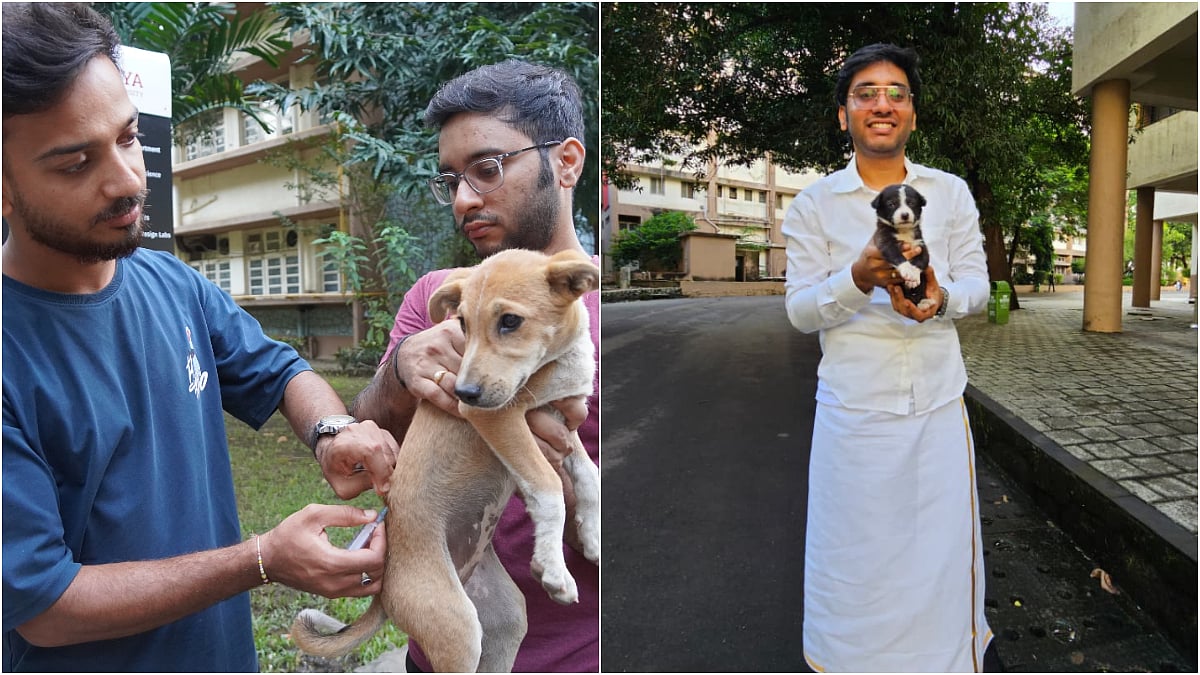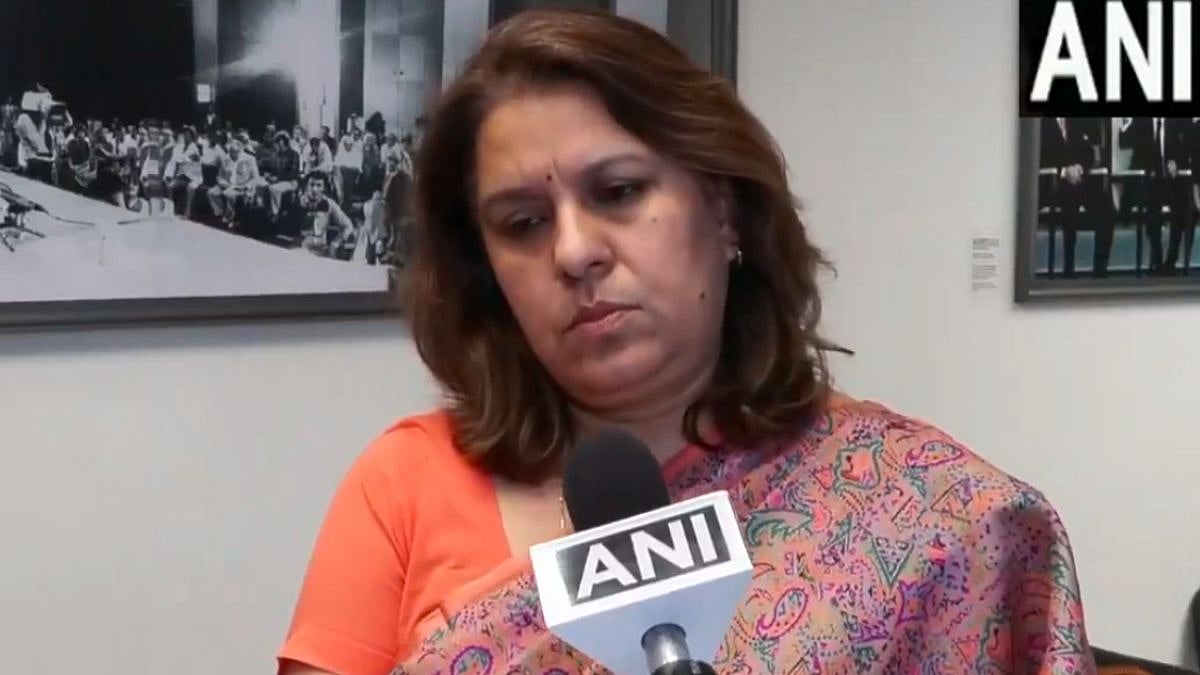The Supreme Court on Monday gave a final three-week deadline to all States and Union Territories that have not yet filed their compliance affidavits on the installation and functioning of CCTV cameras in police stations. The Court made it clear that if the affidavits are not filed by the next hearing, scheduled for December 16, 2025, the Chief Secretaries and Directors of the concerned agencies will have to appear in person and explain the delay.
Bench Hearing Suo Motu Case on CCTV Non-Compliance
A Bench of Justice Vikram Nath and Justice Sandeep Mehta passed the order while hearing the suo motu case concerning the lack of functional CCTV cameras in police stations across the country. The issue was first taken up by the Court on September 4 after a Dainik Bhaskar report highlighted that around 11 people had died in police custody over seven to eight months this year.
Only 11 States Responded to Earlier Order
During Monday’s hearing, Senior Advocate Siddharth Dave, the amicus curiae, informed the Bench that only 11 States had responded to the queries raised by the Court in its October 14 order. He also said the Union government had not yet filed its compliance affidavit regarding central investigating agencies, including the National Investigation Agency (NIA).
Centre Seeks More Time; Court Grants Final Extension
Solicitor General Tushar Mehta requested three more weeks to complete the filings. Granting the time sought, the Bench directed that all remaining States and UTs must file their compliance within this extended period. The Court warned that any further delay would require top officials to be present personally before it.
Background: CCTV Installation Mandatory Since 2020
The case traces back to the Supreme Court’s December 2020 judgment in Paramvir Singh Saini v. Baljit Singh, which made CCTV installation mandatory in every police station across India. Despite the clear directive, compliance has remained inconsistent, with many cameras either missing or non-functional.
Court Concerned Over Cameras Being Turned Off
In previous hearings of the current suo motu matter, the Court raised concerns about cameras being switched off by officials and indicated that it was considering independent monitoring systems with no human intervention.
